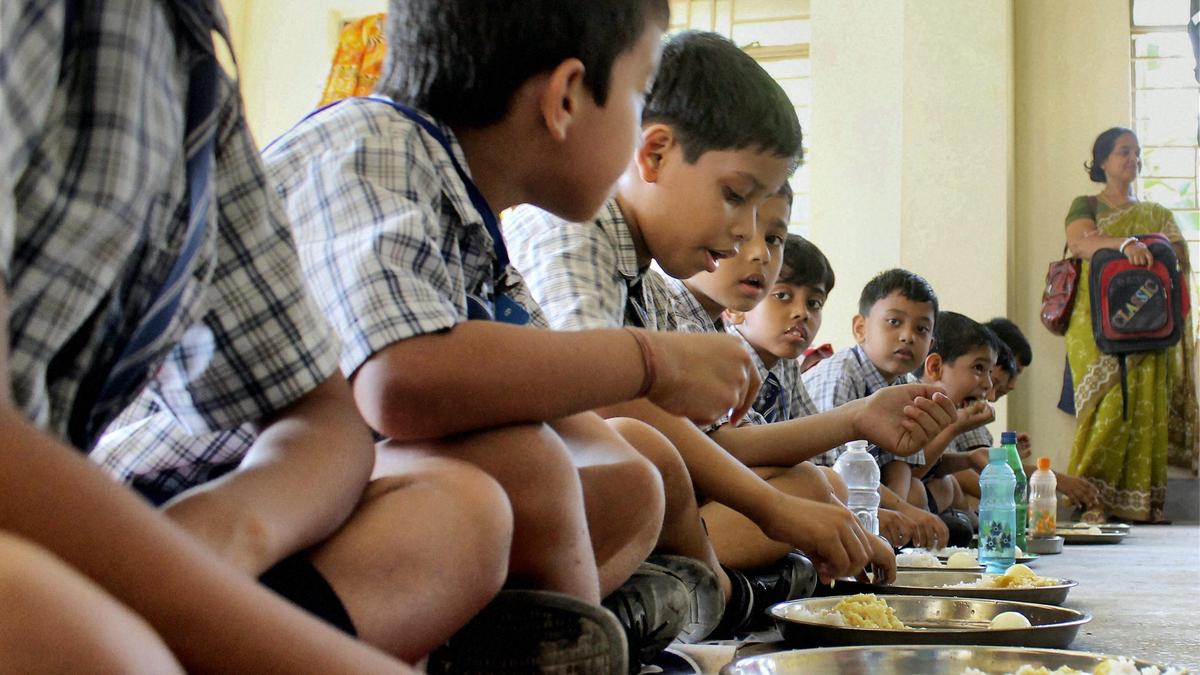Now Reading: TGCSB Chief Asserts Uniform Action Against CSEAM Offenders
-
01
TGCSB Chief Asserts Uniform Action Against CSEAM Offenders
TGCSB Chief Asserts Uniform Action Against CSEAM Offenders
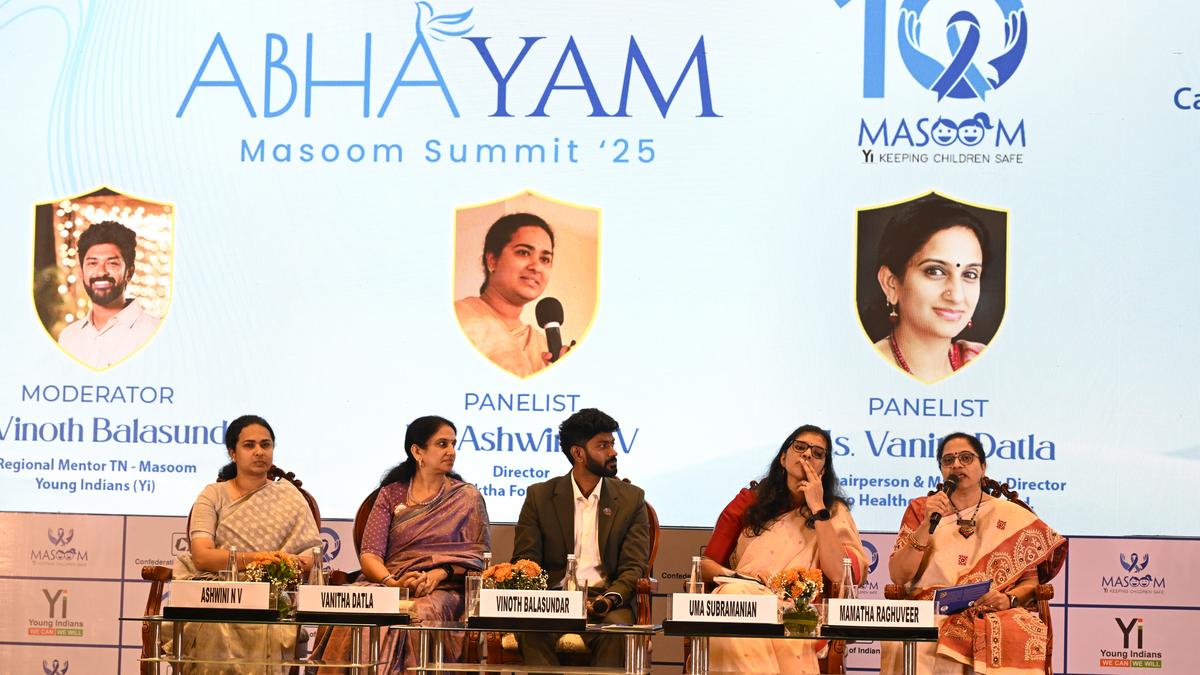
Quick Summary
- the Telangana government reaffirmed its commitment to protecting women and children from sexual crimes, drugs, trafficking, and child labor at the Young Indians (Yi) National Masoom Summit 2025 held in Hyderabad on September 13, 2025.
- Minister Danasari Anasuya (Seethakka) emphasized the importance of parenting in tackling digital abuse and highlighted a Kukatpally assault case tied to drug overdose.She called for educating children on safe and unsafe touch.
- Telangana Cyber Security Bureau Director Shikha Goel stated that law enforcement against Child Sexual Exploitation and Abuse Material (CSEAM) is uncompromising, with legal risks extended even to media citing encryption.
- Ashwini N.V., Muktha Foundation Director, discussed “four Cs” of digital risk – content, contact, conduct, commerce – presenting cases where online manipulation lead to exploitation.
- Yi National Chairman Taranga Khurana underscored Masoom’s mission to normalize dialog around child protection while advocating systemic responses from stakeholders.
- The summit had 250 participants; its deliberations will be compiled into a White Paper for submission to the government.
indian Opinion Analysis
The Yi National Masoom Summit brought critical focus on persistent concerns like child safety in digital spaces and systemic issues ranging from trafficking to abuse materials. Highlighting specific case studies reveals how these challenges transcend individual instances into broader societal vulnerabilities requiring urgent attention.
Telangana’s explicit commitment invites scrutiny regarding its implementation mechanisms-promises must materialize through tangible policy changes across enforcement bodies like the TGCSB. Meanwhile, discussions around parenting highlight India’s growing struggle with balancing traditional family structures amidst technological disruptions.
This event has strategic implications not only for state governments but also national policy frameworks addressing cybercrimes against minors-a domain increasingly gaining precedence given India’s expanding internet user base among adolescents.
Read More: The Hindu


